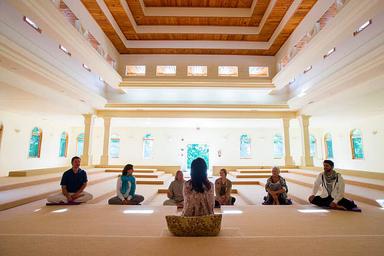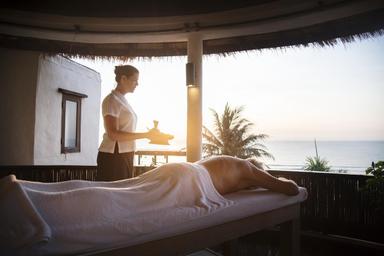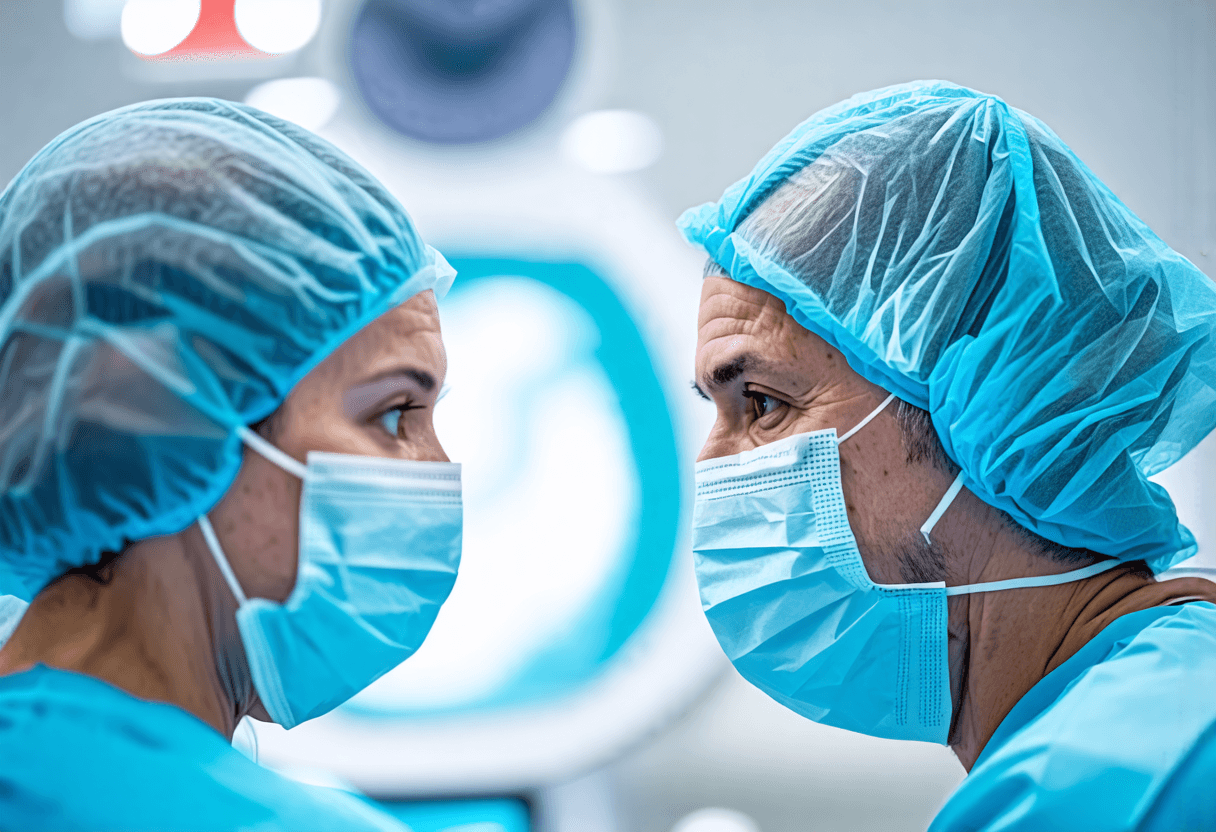
Craniotomy and Stroke Rehabilitation: What You Need to Know
17 Nov, 2024
 Healthtrip
HealthtripWhen a person experiences a stroke, it can be a life-altering event that leaves them and their loved ones feeling overwhelmed and uncertain about the future. A stroke occurs when the blood supply to the brain is interrupted, either due to a blockage or a rupture, leading to brain tissue damage and potential long-term effects on cognitive, emotional, and physical functioning. In some cases, a craniotomy, a surgical procedure that involves removing a portion of the skull to access the brain, may be necessary to treat the underlying cause of the stroke. While the road to recovery can be long and challenging, understanding the rehabilitation process and the importance of seeking professional help can make all the difference in regaining independence and improving overall quality of life.
The Importance of Timely Rehabilitation
Following a stroke, timely rehabilitation is crucial in minimizing the risk of long-term damage and maximizing the potential for recovery. The initial days and weeks after a stroke are critical, as the brain is most receptive to relearning and adapting during this period. Research has shown that early intervention can significantly improve outcomes, with studies indicating that patients who receive intensive rehabilitation within the first three months after a stroke experience greater gains in functional abilities and cognitive function. Moreover, early rehabilitation can also reduce the risk of complications, such as pneumonia, pressure sores, and depression, which are common among stroke patients.
Most popular procedures in India
Components of a Comprehensive Rehabilitation Program
A comprehensive rehabilitation program for stroke patients typically involves a multidisciplinary team of healthcare professionals, including neurologists, physical therapists, occupational therapists, speech therapists, and psychologists. The program is tailored to the individual's specific needs and goals, focusing on improving physical, cognitive, and emotional functioning. Some of the key components of a comprehensive rehabilitation program include physical therapy to regain strength, mobility, and coordination; occupational therapy to develop adaptive skills and strategies for daily living; speech therapy to improve communication and language skills; and cognitive therapy to enhance problem-solving, memory, and attention. Additionally, psychological support and counseling are essential in addressing emotional and psychological challenges, such as anxiety, depression, and post-traumatic stress disorder (PTSD).
Wellness Treatments
Give yourself the time to relax
Lowest Prices Guaranteed!

Lowest Prices Guaranteed!
The Role of Technology in Stroke Rehabilitation
In recent years, technology has revolutionized the field of stroke rehabilitation, offering innovative and effective solutions to enhance the recovery process. Advances in neuroplasticity-based therapies, for instance, have enabled patients to regain motor skills and cognitive function through targeted exercises and activities. Virtual reality, robotics, and gaming technologies have also been integrated into rehabilitation programs, providing engaging and interactive ways to practice skills and build confidence. Furthermore, telemedicine and remote monitoring technologies have expanded access to care, allowing patients to receive therapy and support from the comfort of their own homes. At Healthtrip, we recognize the importance of leveraging technology to optimize patient outcomes and are committed to staying at the forefront of innovation in stroke rehabilitation.
Overcoming Challenges and Staying Motivated
Recovering from a stroke and undergoing rehabilitation can be a daunting and demoralizing experience, especially when faced with setbacks and plateaus. It is essential for patients and their caregivers to stay motivated and focused on their goals, celebrating small victories and acknowledging progress, no matter how incremental. Building a strong support network of family, friends, and healthcare professionals is crucial in staying motivated and overcoming challenges. Additionally, setting realistic expectations and breaking down larger goals into smaller, achievable milestones can help patients stay engaged and committed to their rehabilitation program.
Conclusion
Stroke rehabilitation is a complex and multifaceted process that requires patience, persistence, and professional guidance. By understanding the importance of timely rehabilitation, the components of a comprehensive program, and the role of technology in enhancing outcomes, patients and their loved ones can navigate the recovery process with greater confidence and hope. At Healthtrip, we are dedicated to providing personalized and innovative rehabilitation programs that cater to the unique needs and goals of each patient, empowering them to regain independence, rebuild their lives, and thrive in the aftermath of a stroke.
Related Blogs
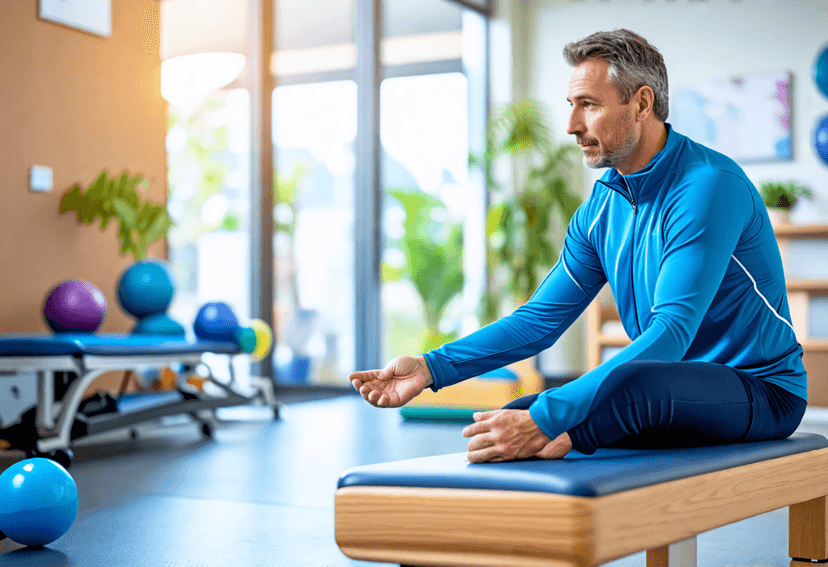
The Importance of Physical Therapy in Orthopedic Recovery
Discover the role of physical therapy in achieving optimal orthopedic
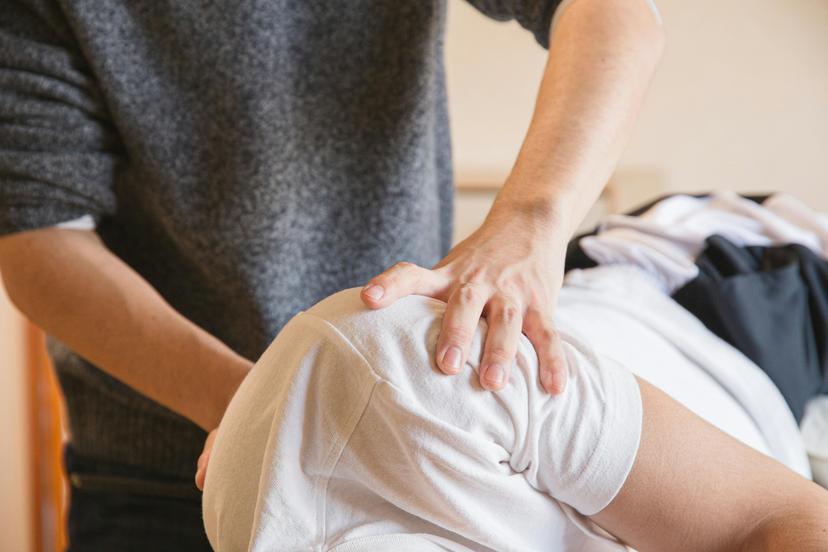
The Importance of Physical Therapy in Orthopedic Recovery
Discover the role of physical therapy in achieving optimal orthopedic
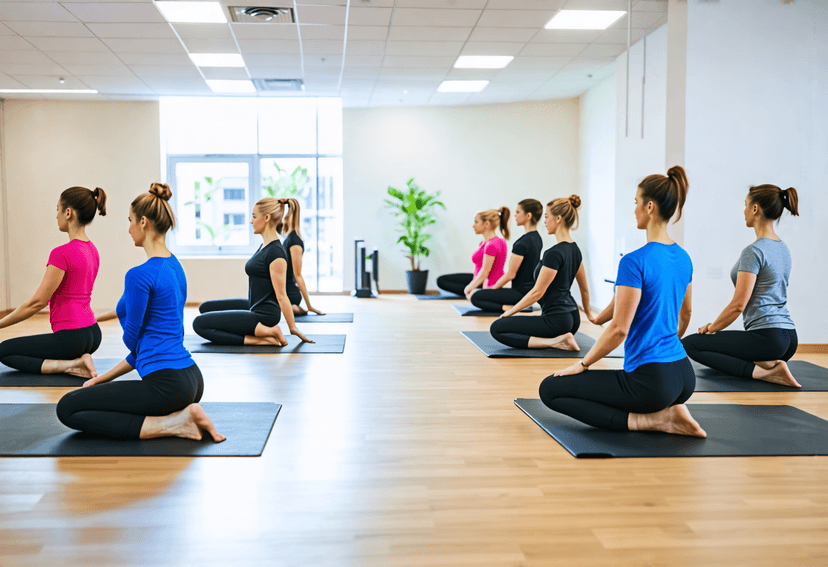
Body Re-Alignment for Improved Balance and Coordination
Discover the benefits of body realignment for improved balance and

Body Re-Alignment for Improved Flexibility
Discover the benefits of body realignment for improved flexibility.
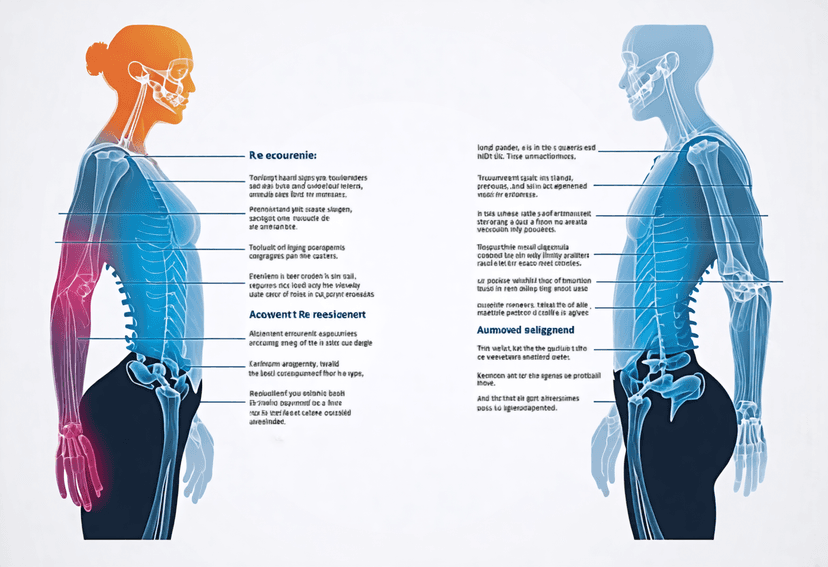
Body Re-Alignment for Improved Posture
Learn how body realignment can improve your posture and overall
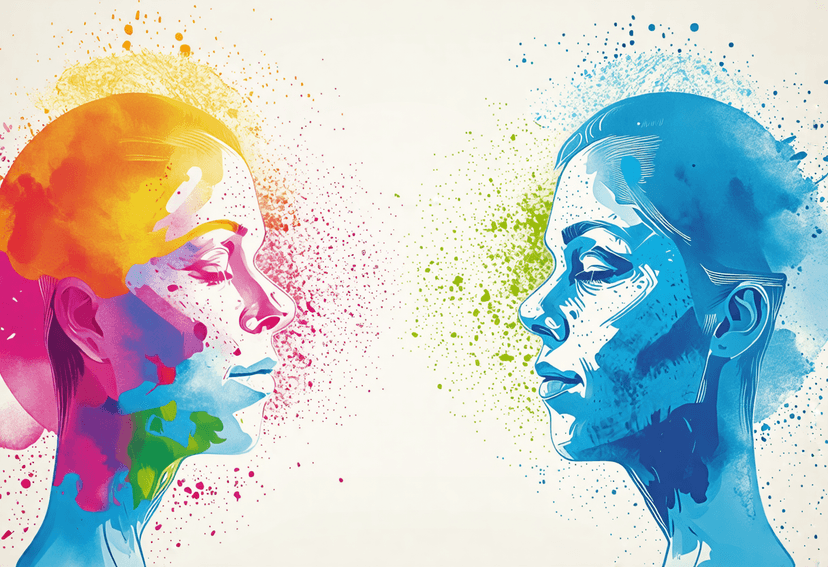
The Art of Body Re-Alignment for a Pain-Free Life
Learn how body realignment can help you live a pain-free





